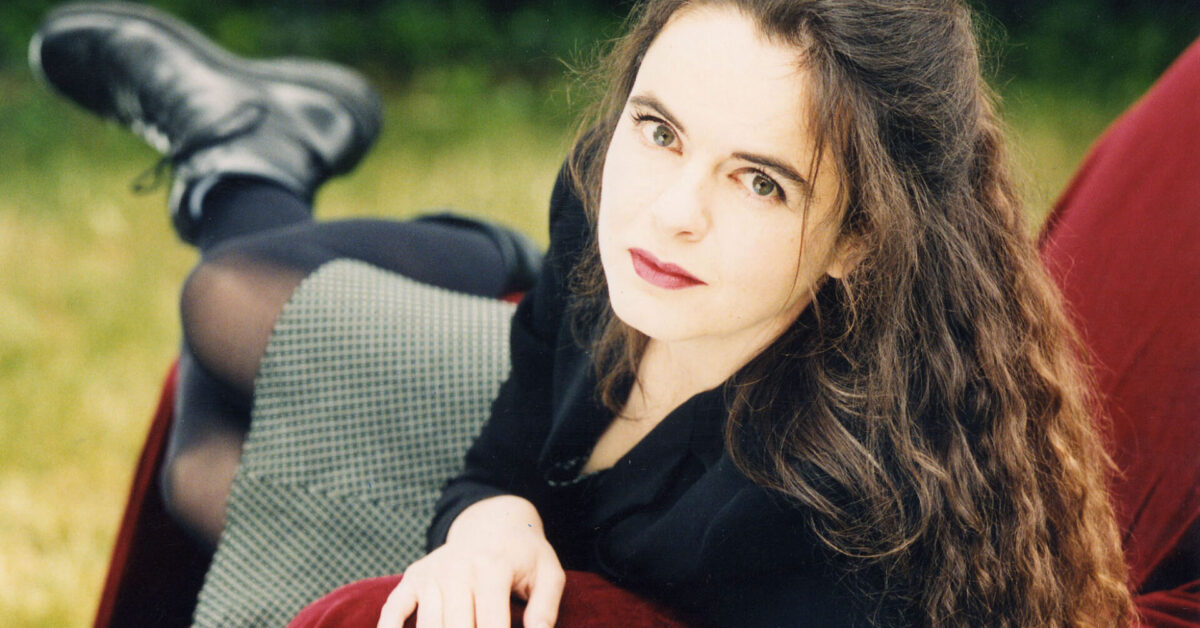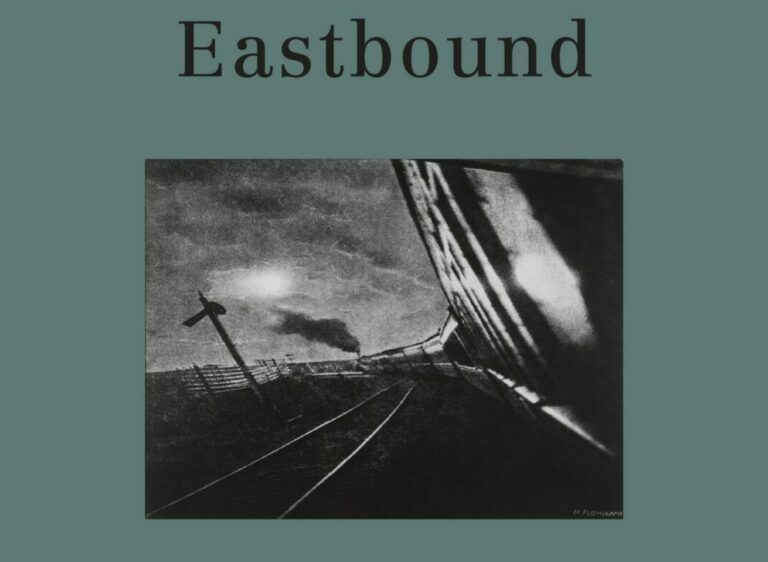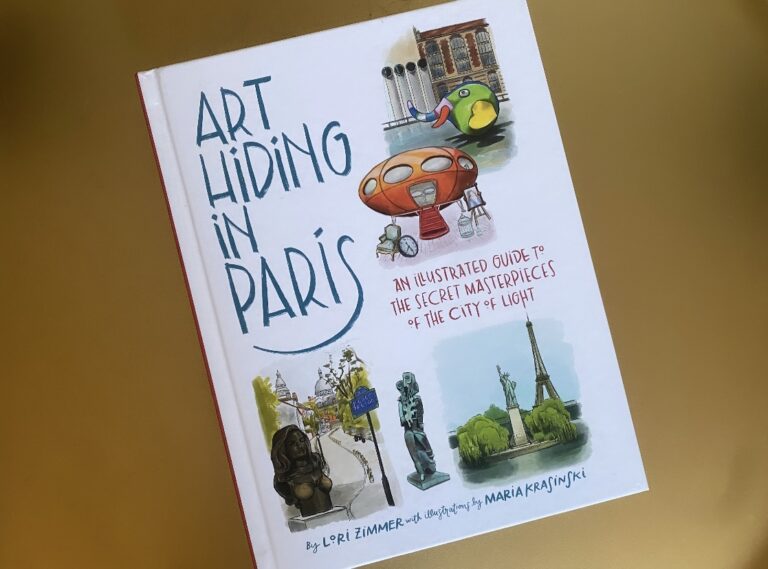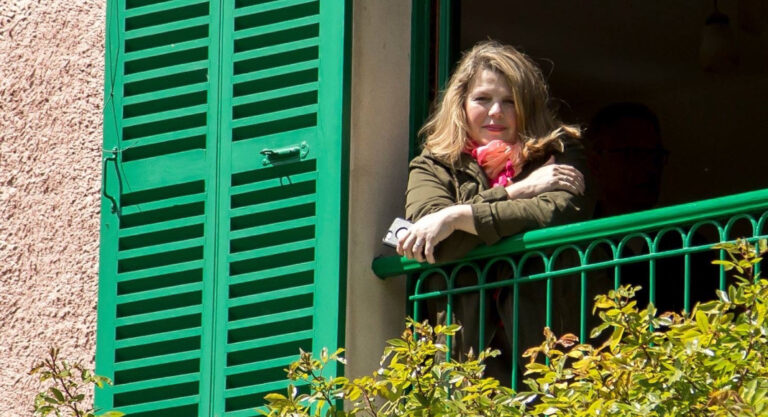Amélie Nothomb’s slim new novel, First Blood, opens with a man standing before a firing squad, waiting to be shot. That his life passes before his eyes isn’t exactly a plot surprise, but his attitude is. He’s reconciled to his situation. This is shocking because he’s real.
Or based on a real person: First Blood is a fictional telling of the first 28 years in the life of Patrick Nothomb, the author’s father. Told in first person, we learn that Nothomb was a Belgian diplomat once stationed in the Congo. Though no fan of colonialism, that doesn’t prevent him from being held hostage, along with 1500 others, by Simba rebels, in 1964.
Author Nothamb has often (though not exclusively) used her own life in her novels, which she publishes almost annually and apparently (if her interviews are to be trusted) without ever resorting to the noisome task of revising. Several of her books have been made into films (some of which Frenchly has collected, here), including the 2020 A Perfect Enemy, an adaptation of her 2001 novel, in which a talkative girl approaches an architect in a Paris airport, a meeting that soon turns dark, and the 2003 Fear and Trembling, about a Belgian woman living and working in the Japan of her birth.
In this new book, her father, Patrick’s, recollections start way back, with his own father’s death in a mining accident, when Patrick was just eight months old. They continue to the moment the book opens, in the Congo. The reminiscences cover Patrick’s boyhood, his law school years, time in the diplomatic corps, and, eventually, his post to the Congo, where he is responsible for negotiating with the hostage takers.
Patrick learns young how to weather the world. His male forbearers were barons and major political figures, but this noble lineage doesn’t prevent the adults in his world (at least as depicted in the novel) from being rather foolish. His mother, widowed at 25, declines to raise Patrick (too miserable about her loss). This leaves parenting to a doting grandmother, who dresses Patrick like a girl. A gruff grandfather undertakes the project of toughing Patrick up by sending him to spend school holidays in the country with his great-grandfather, Pierre Nothomb, a poet and right-wing politician. Pierre lives in a grand mansion with his second wife and their children, but he appears to have no income. The place is very cold, especially the attic where Patrick sleeps with the other children, and meals are so skimpy that Patrick is skeletal by the time he returns home.
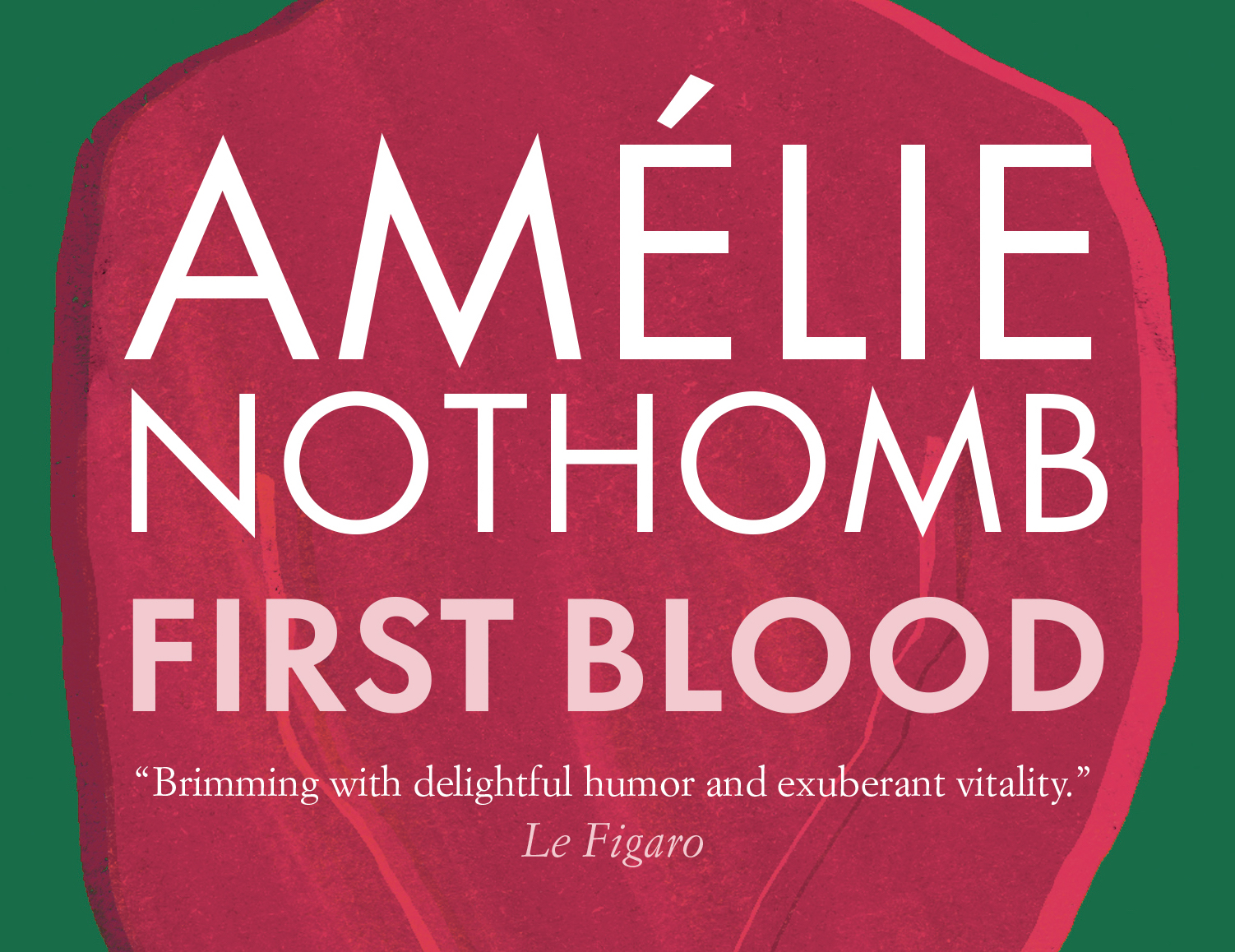
Though just a boy, Patrick observes how pompous Pierre is. Also, that Pierre makes sure he, himself, is well-fed, before passing an increasingly empty platter of food around the dinner table to his many children. But instead of hating being hungry, cold, and viciously teased by the “horde,” as he calls his half cousins and the other youths visiting the mansion, Patrick relishes his time with the Nothombs. An only child, he thrills at being with a pack of kids and adores the beauty of the wilderness around the estate.
Patrick is a careful observer, but he is not one to complain. The novel’s satire and the dialogue of other characters serve those functions. An elder boy named Jean asks Patrick whether Pierre’s poetry (which Pierre loves to recite out loud) is any good. Patrick admits, “The question stunned me. I would never have imagined that you could approve or disapprove of poetry. Like bad weather, holidays, or tin soldiers, poetry just was. It was a reality you had to come to terms with. I didn’t answer. Jean went on, ‘It’s dreadful.’”
Even when facing death, Patrick’s take on upsetting matters is somewhat whimsical, as if it will simply be a disappointment to say goodbye to the “splendor” of the world, now that he is especially attuned to it. He wonders, on the novel’s first page, “Who will defend the other hostages now? I don’t know, and it worries me, but a part of me is consoled: at last I’ll be able to fall silent.”
First Blood is funny and engaging, the narrative voice appealing, the writing vivid and clever. Yet the only truly round character in the book is Patrick himself. The political situation and colonialism go unexplored. In the end, this may serve the author’s purpose, which is to eulogize her father with a narrative that has his apparent qualities: a keen eye, a sense of humor, and a loving heart.
Debra Spark’s new novel Discipline will be published next year. She writes the Bouquin column for Frenchly. Read Debra’s recent reviews of Eastbound and The Disappearance of Josef Mengele.

